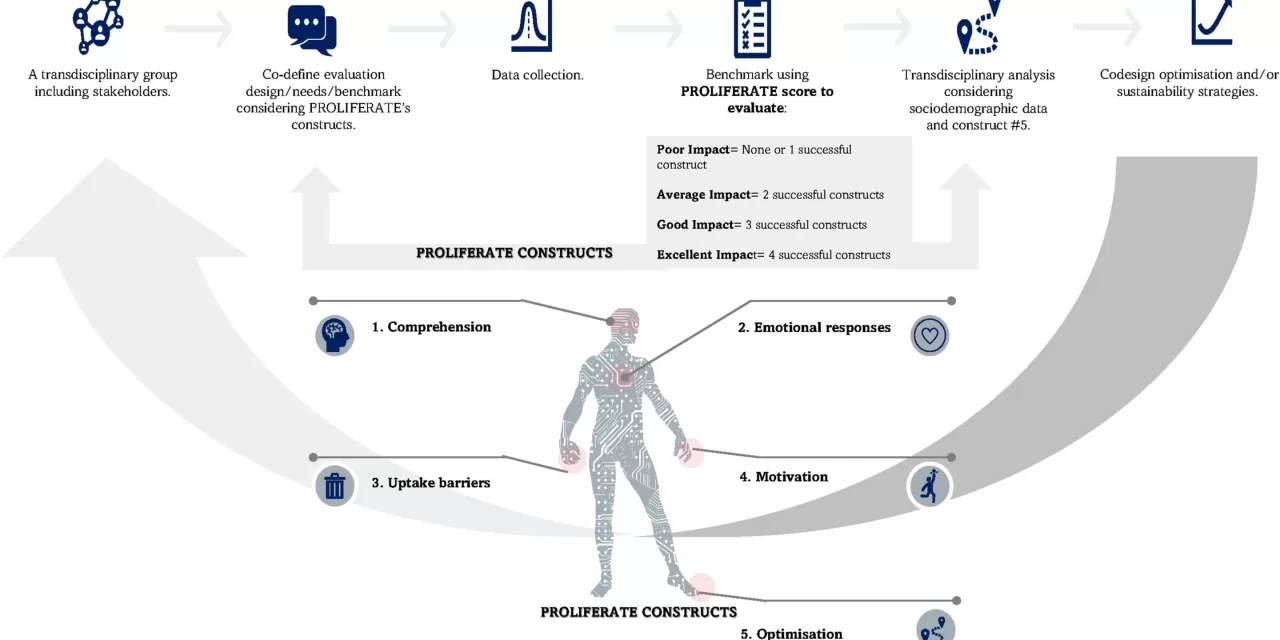Flinders University researchers pioneer a human-centered approach to evaluating artificial intelligence in emergency medicine.
In an era where artificial intelligence (AI) is increasingly integrated into healthcare, ensuring its seamless and effective implementation remains a challenge. Researchers at Flinders University have taken a proactive approach by assessing the viability of a cardiac AI tool trialed in South Australian hospitals. Their findings highlight the importance of usability, clinician trust, and workflow integration in making AI a reliable assistant for medical professionals.
“AI is becoming more common in healthcare, but it doesn’t always fit in smoothly with the vital work of our doctors and nurses,” says Dr. Maria Alejandra Pinero de Plaza, who led the research.
To evaluate the practical application of AI in emergency medicine, Dr. Pinero de Plaza and her team developed PROLIFERATE_AI, an assessment tool that combines artificial intelligence with researcher analysis to measure AI performance in hospital settings.
“In order to understand if AI systems are viable, we look at how easy they are to use, how well doctors and nurses adopt them, and how they impact patient care,” explains Dr. Pinero de Plaza, a research fellow at Flinders’ Caring Futures Institute. “It’s not just about making AI accurate; it’s about ensuring it is understandable, adaptable, and genuinely helpful when it matters most.”
Their study, published in the International Journal of Medical Informatics, specifically examined the RAPIDx AI tool, designed to assist emergency doctors in diagnosing cardiac conditions through rapid analysis of clinical and biochemical data. Given that chest pain is one of the most common reasons for emergency department (ED) visits, South Australian hospitals have been part of an ongoing trial to assess the tool’s impact on patient outcomes over a 12-month period.
Using PROLIFERATE_AI, researchers engaged with medical and nursing staff to evaluate the RAPIDx AI tool’s real-world application. Their findings revealed that while experienced clinicians, such as ED consultants and registrars, demonstrated strong comprehension and engagement with the tool, less experienced users, including residents and interns, faced usability challenges. Additionally, registered nurses expressed strong emotional engagement with the tool, recognizing its potential to enhance patient safety by reducing diagnostic uncertainty.
“What sets PROLIFERATE_AI apart is its ability to provide actionable insights,” says Dr. Pinero de Plaza. “Rather than focusing solely on technical performance, we evaluate AI tools based on real-world usability and clinician trust, ensuring that these technologies are not just innovative but also practical and accessible.”
The study also identified areas for improvement, including the need for targeted training and workflow-aligned interfaces to enhance adoption rates among new users. Clinicians also expressed interest in further automation and data integration within the user interface to streamline decision-making processes.
“Our goal is to create AI solutions that empower doctors and nurses, not replace them,” Dr. Pinero de Plaza emphasizes. “Technology alone cannot solve the complexities of emergency care. We need AI systems that work seamlessly with clinicians, support decision-making under pressure, and integrate smoothly into existing workflows.”
As AI continues to reshape modern healthcare, Flinders University’s research underscores the necessity of human-centered evaluation models to ensure AI systems truly benefit both medical professionals and patients.
Disclaimer: This article is based on research findings from Flinders University. AI in healthcare is an evolving field, and while tools like RAPIDx AI show promise, their effectiveness depends on appropriate implementation, clinician training, and continuous evaluation. Medical professionals should rely on clinical judgment in conjunction with AI assistance. The study mentioned was published in the International Journal of Medical Informatics and reflects ongoing efforts to improve AI integration in emergency medicine.











